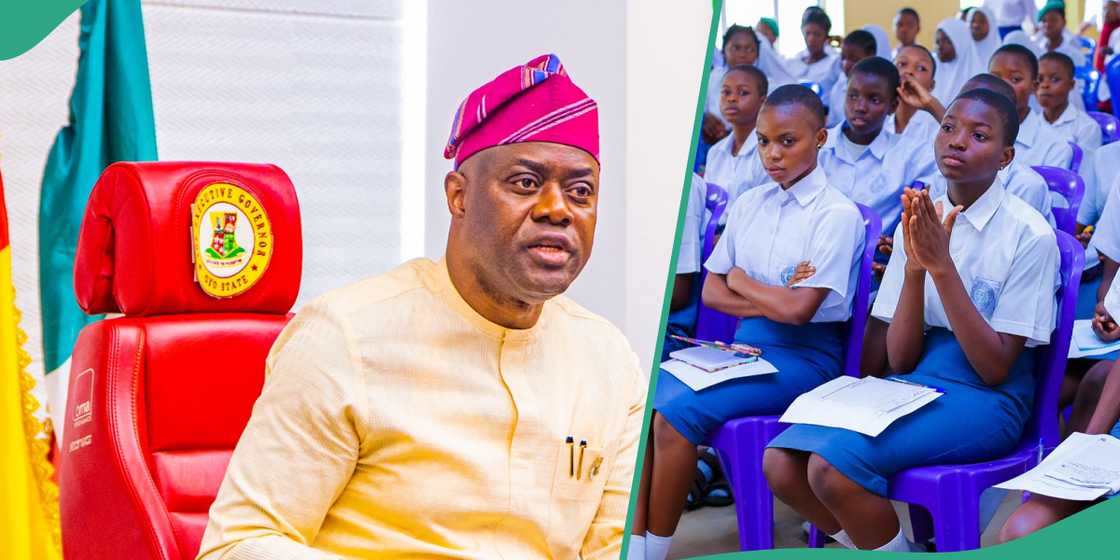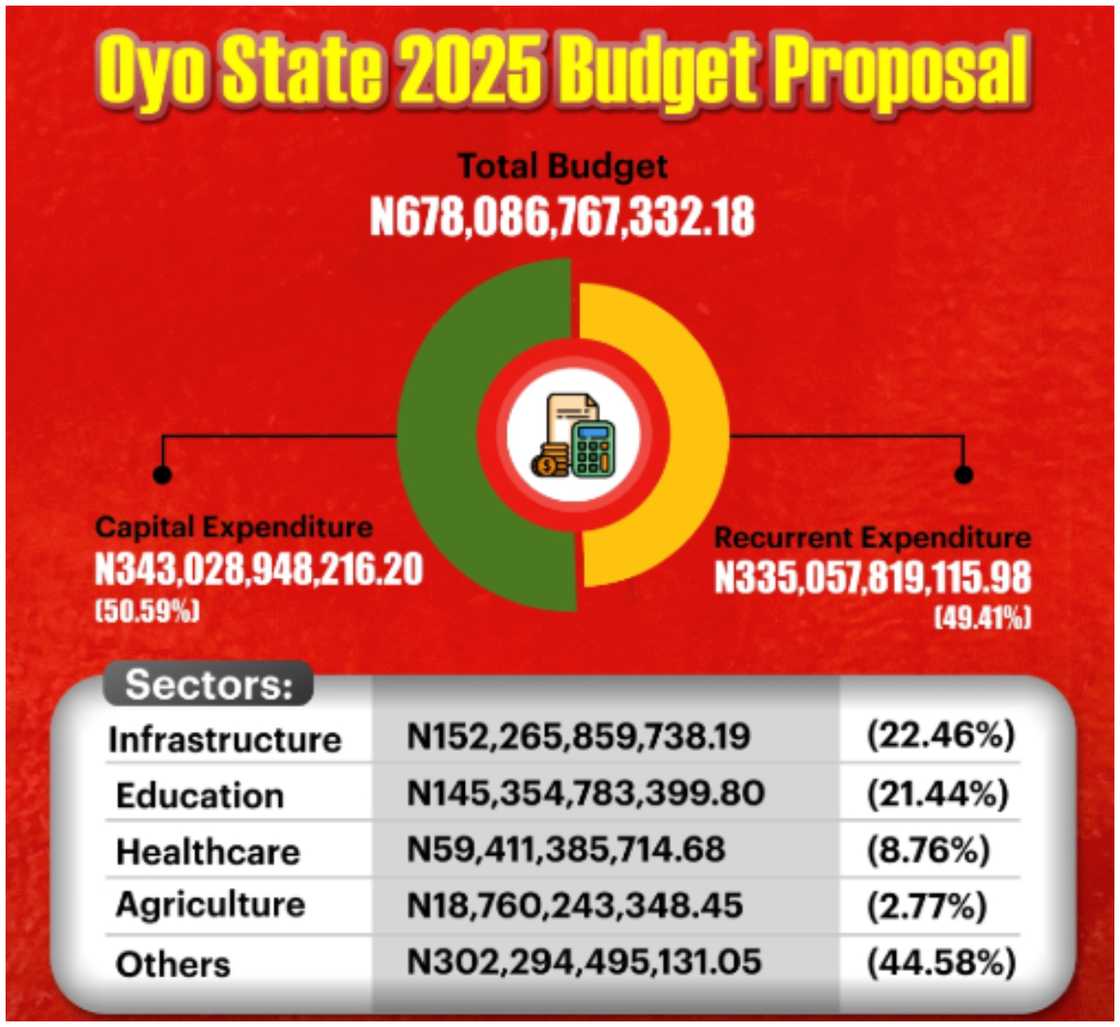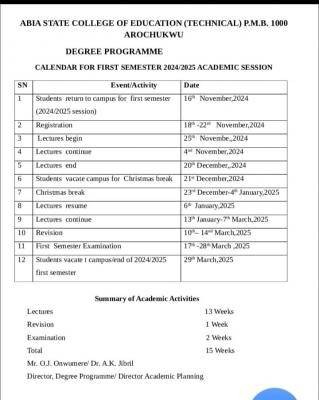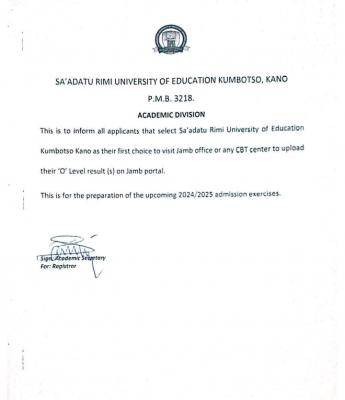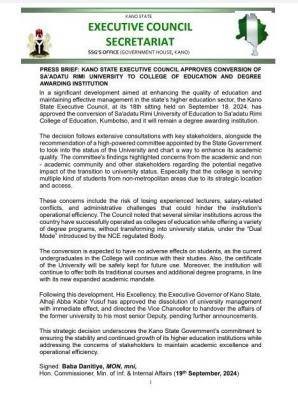- Nigeria accounts for 20% of all out-of-school children in sub-Saharan Africa, with an estimated 20 million out-of-school children
- In Oyo, the nonchalant attitude of parents towards education, the negative influence of broken homes, and isolated gender-responsive budgeting (GRB) of the state government hinder girls’ ability to complete their education
- Across Africa, country-specific evidence shows that GRB helps deliver access to services that enhance better outcomes for girls, boys, and excluded groups in education, however, Oyo state seems to be slumbering
Ibadan, Oyo state - Metaphorically, to “sow a seed" stresses the importance of investing in the education and well-being of young females, as their development benefits society as a whole. However, in Nigeria’s southwest Oyo state, girls do not genuinely matter to the Seyi Makinde-led government—at least going by its 2025 budget.
When Governor Makinde signed the Oyo 2025 Appropriation Bill into law on Monday, December 23, 2024, the education sector received the second-largest allocation, with a budget of N149,600,077,216.90. Earlier, in March 2024, the governor had asserted that his administration attaches importance to Oyo state's development in education "because it is the driver for development".
